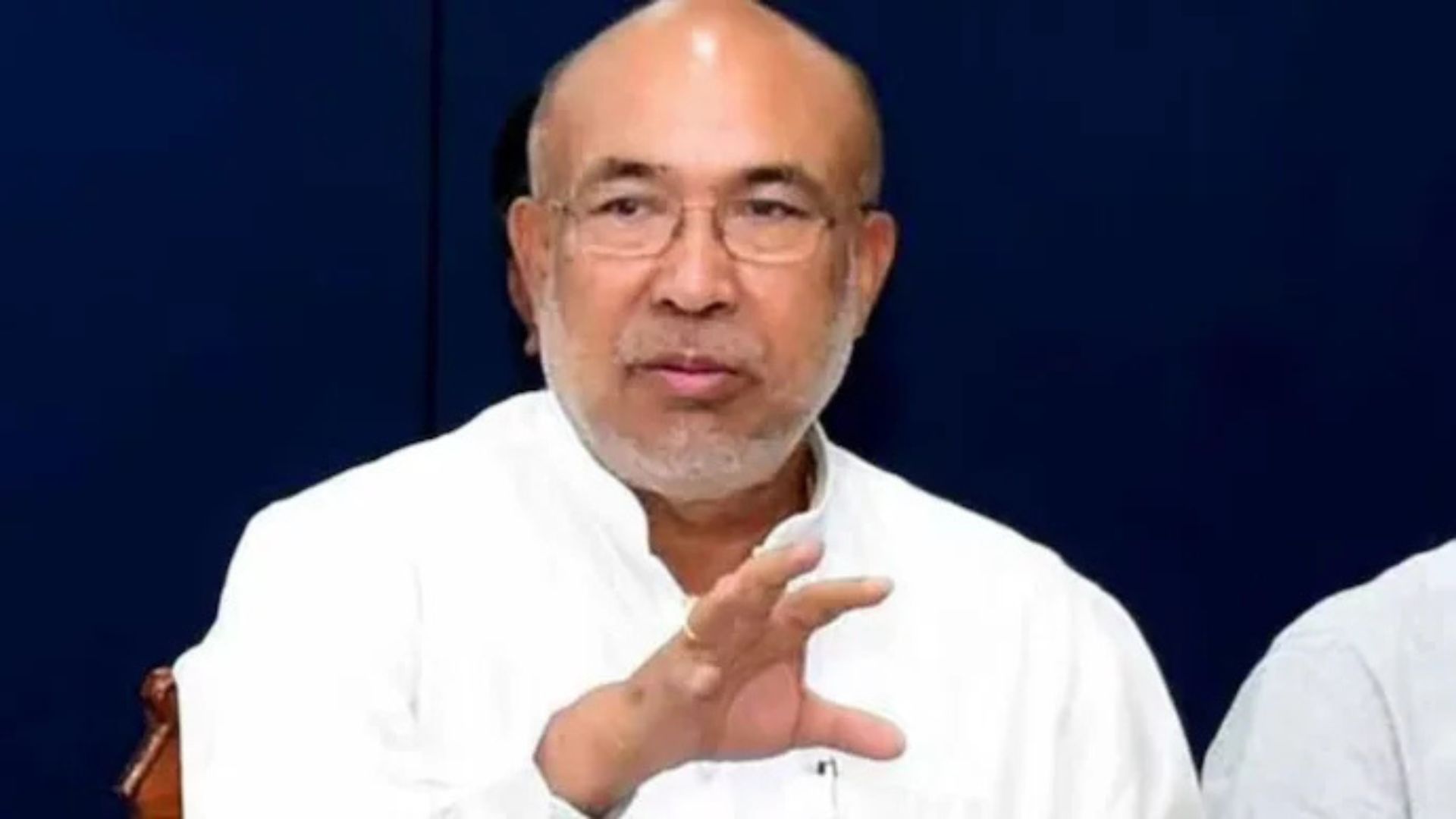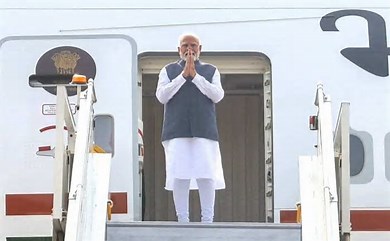
The Indian government is currently investigating the popular messaging app Telegram due to concerns that the platform may be used for illegal activities, including extortion and gambling. According to a report by Moneycontrol, the probe could result in a potential ban on the app, depending on the investigation’s findings.
Government Investigation
The investigation is being led by the Indian Cybercrime Coordination Centre (I4C) under the Ministry of Home Affairs (MHA) in collaboration with the Ministry of Electronics and Information Technology (MeitY). The authorities are focusing on whether Telegram has been used as a tool for criminal activities, and if the app’s management has failed to implement adequate moderation policies to prevent such misuse.
CEO Arrest in Paris
Adding to the app’s troubles, Telegram’s founder and CEO, Pavel Durov, was arrested in Paris on August 24. The arrest was reportedly linked to the platform’s moderation practices, which have been criticized for not doing enough to curb illegal activities. The arrest has sparked reactions from notable figures like tech billionaire Elon Musk and whistleblower Edward Snowden, who have criticized the move as an overreach.
Potential Impact and Next Steps
If the investigation concludes that Telegram has indeed been complicit or negligent in allowing illegal activities, the Indian government could decide to ban the app. This would have a significant impact on Telegram’s user base in India, which is one of the app’s largest markets.
As the investigation unfolds, Telegram users and stakeholders are closely watching the situation. A ban on the app would not only affect millions of users but also raise questions about the balance between digital freedom and security.
The Indian government’s decision in this matter will likely set a precedent for how similar platforms are regulated in the future, emphasizing the importance of robust content moderation in the digital age.















